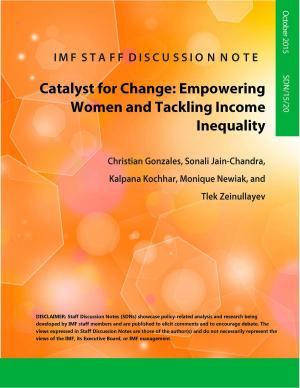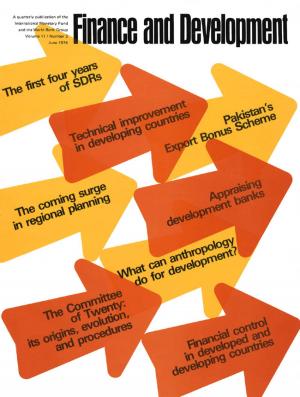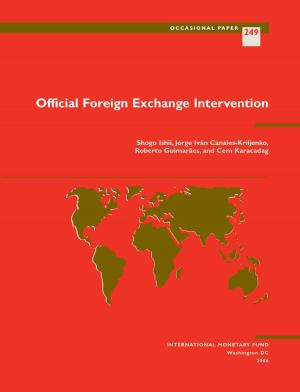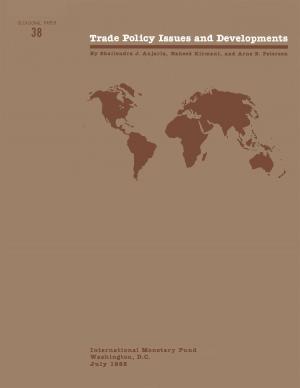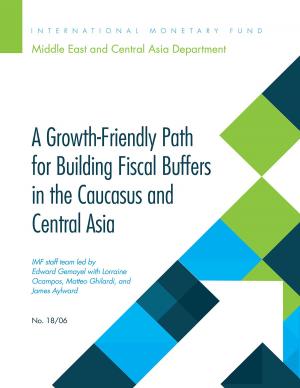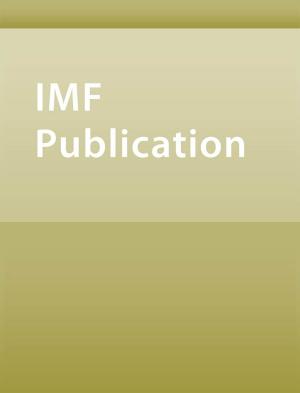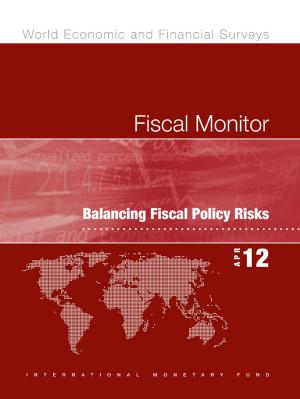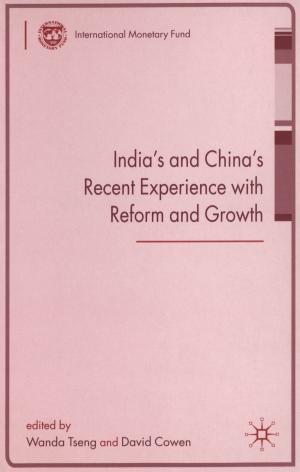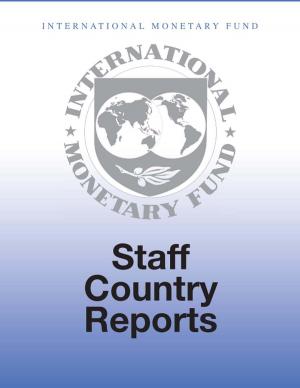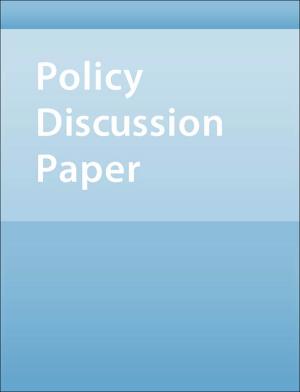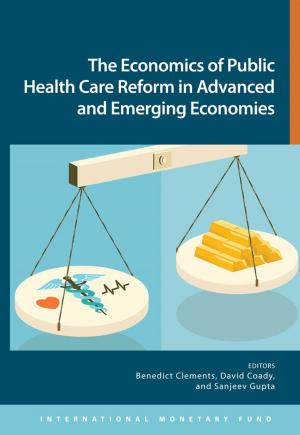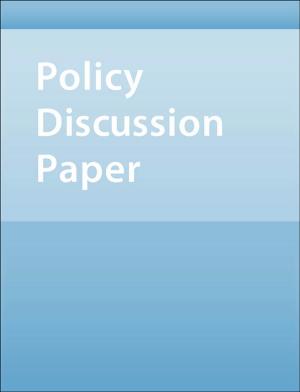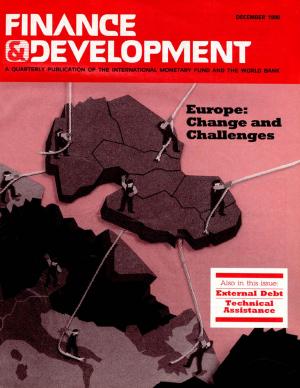Macroeconomic Management: Programs and Policies
Business & Finance, Economics, Public Finance, Finance & Investing, Banks & Banking, Macroeconomics| Author: | Chorng-Huey Mr. Wong, Mohsin Mr. Khan, Saleh Mr. Nsouli | ISBN: | 9781455271979 |
| Publisher: | INTERNATIONAL MONETARY FUND | Publication: | April 19, 2002 |
| Imprint: | INTERNATIONAL MONETARY FUND | Language: | English |
| Author: | Chorng-Huey Mr. Wong, Mohsin Mr. Khan, Saleh Mr. Nsouli |
| ISBN: | 9781455271979 |
| Publisher: | INTERNATIONAL MONETARY FUND |
| Publication: | April 19, 2002 |
| Imprint: | INTERNATIONAL MONETARY FUND |
| Language: | English |
Macroeconomic Management: Programs and Policies edited by Mohsin S. Khan, Saleh M. Nsouli, and Chorng-Huey Wong. 2002. x + 346 pp. ISBN 1-58906-094-6 Since its founding in 1964, the IMF Institute has provided macroeconomic management training to over 20,000 officials from almost all of the International Monetary Fund's 183 member countries-more than 13,000 at IMF headquarters in Washington, and about 8,000 overseas. This volume, edited by Mohsin S. Khan, Saleh M. Nsouli, and Chorng-Huey Wong-respectively Director, Deputy Director, and Senior Advisor in the IMF Institute-compiles some of the analysis that the Institute uses in its macroeconomic training to address key questions that policymakers face in managing their national economies. The chapters, by IMF staff and external economists, cover salient topics in monetary, fiscal, and exchange rate management and show that there are no definitive prescriptions for effective economic policymaking, but rather a range of options, and that any course of policy action has explicit pros and cons.
Macroeconomic Management: Programs and Policies edited by Mohsin S. Khan, Saleh M. Nsouli, and Chorng-Huey Wong. 2002. x + 346 pp. ISBN 1-58906-094-6 Since its founding in 1964, the IMF Institute has provided macroeconomic management training to over 20,000 officials from almost all of the International Monetary Fund's 183 member countries-more than 13,000 at IMF headquarters in Washington, and about 8,000 overseas. This volume, edited by Mohsin S. Khan, Saleh M. Nsouli, and Chorng-Huey Wong-respectively Director, Deputy Director, and Senior Advisor in the IMF Institute-compiles some of the analysis that the Institute uses in its macroeconomic training to address key questions that policymakers face in managing their national economies. The chapters, by IMF staff and external economists, cover salient topics in monetary, fiscal, and exchange rate management and show that there are no definitive prescriptions for effective economic policymaking, but rather a range of options, and that any course of policy action has explicit pros and cons.

